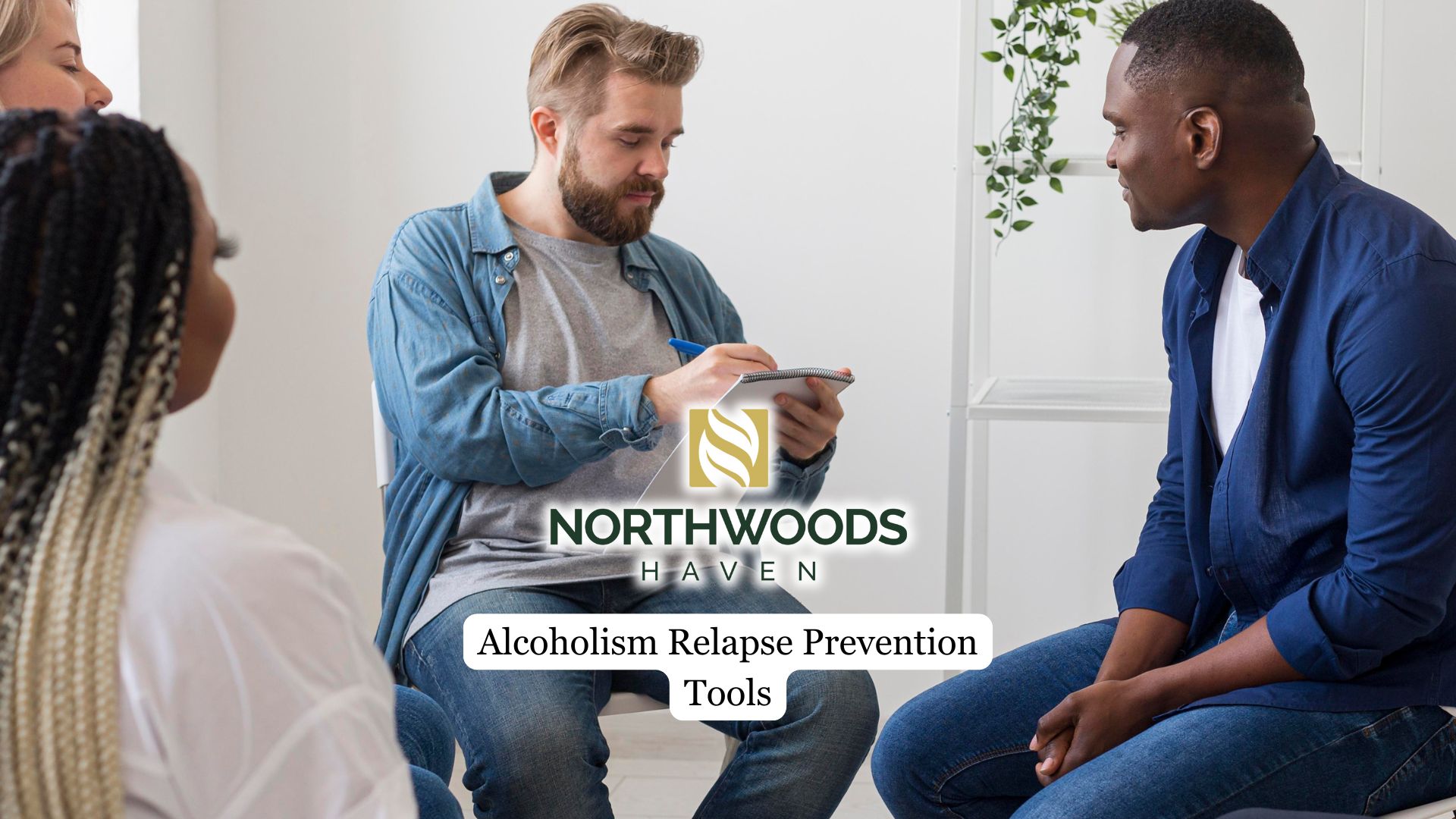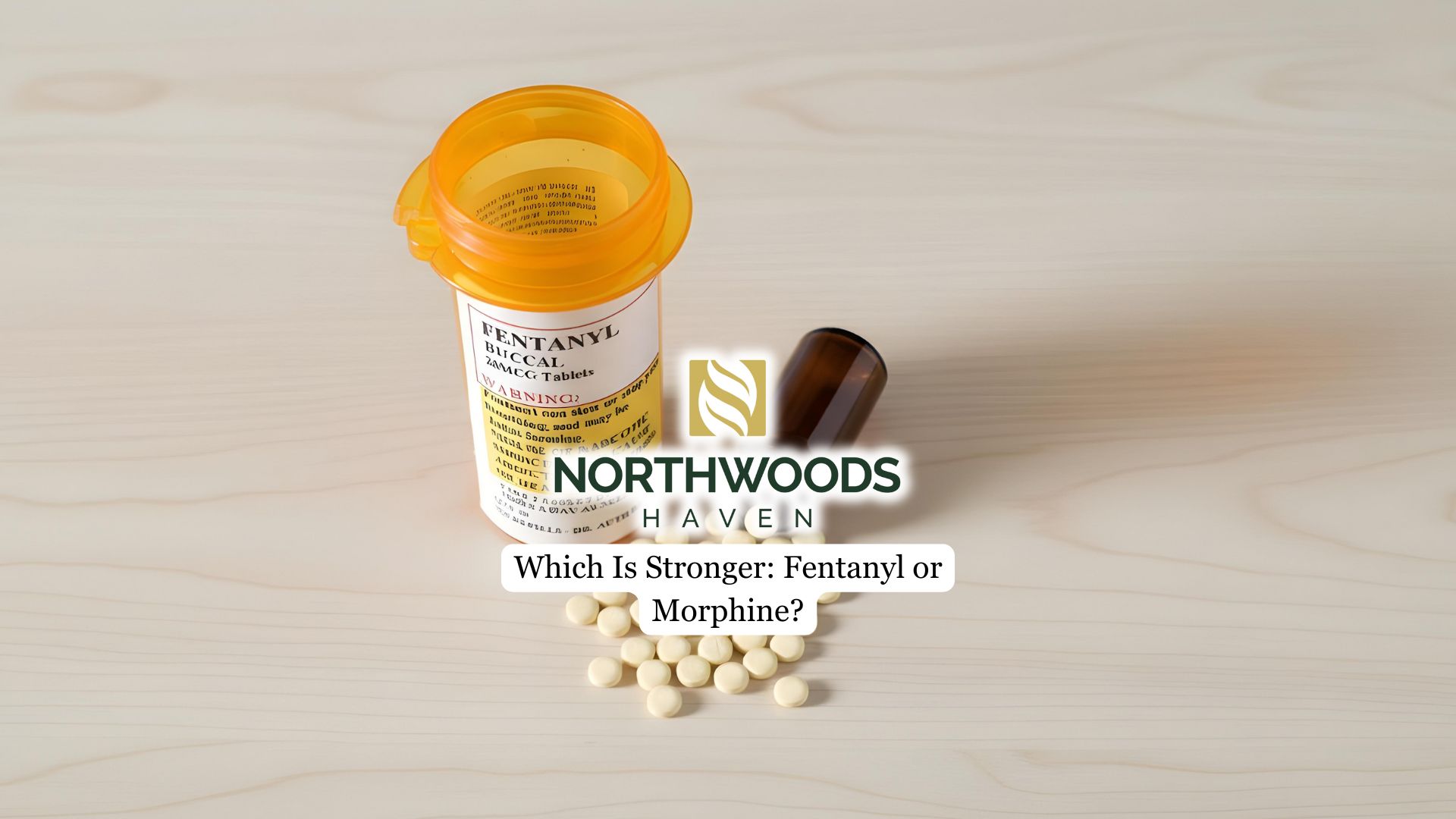Relapse rates for individuals struggling with alcohol addiction can reach as high as 80-95% within the first year following treatment. However, by utilizing the appropriate tools and strategies, individuals in recovery can drastically improve their chances of maintaining sobriety and preventing relapse.
This article will explore some of the most effective tools for preventing relapse in individuals with alcohol addiction.
Identifying Triggers
It’s essential for understanding the internal cues and external cues that can lead to a relapse. Triggers for relapse can be feelings of anxiety or stress, or people and environments associated with past substance use. Recognizing these triggers helps you develop effective coping strategies to manage cravings and maintain sobriety.
The HALT acronym—Hungry, Angry, Lonely, Tired—highlights common emotional states that can serve as significant relapse triggers. Creating a personalized list of your individual triggers enhances self-awareness and informs the development of proactive measures to stay on track.
Regularly reviewing and reflecting on your personal triggers is vital for identifying patterns and implementing strategies to manage high-risk situations.
Reach out to our team at Northwoods Haven Recovery and learn how our comprehensive IOP for alcohol addiction can empower you to overcome addiction, prevent relapse, and embrace a life of lasting recovery
Mindfulness Practices and Self-Reflection
By engaging in techniques like meditation, deep breathing, and the 4 x 4 breathing method, you’ll enhance your self-awareness and emotional regulation, making it easier to manage cravings and reduce the risk of relapse.
Mindfulness exercises help you focus on the present moment, encouraging relaxation and alleviating stress and anxiety that may trigger substance use.
Self-reflection through journaling is another effective relapse prevention technique. By identifying patterns in your thoughts and behaviors, you’ll be better equipped to recognize and address triggers associated with potential relapse.
The 5-4-3-2-1 grounding technique is a mindfulness practice that helps you connect with your current environment, further reducing cravings and promoting a proactive mindset focused on recovery.
Here we have a guide on how to stop experiencing alcohol shakes.

Support Systems
Regularly attending support group meetings, such as AA or NA, provides you with a sense of community and accountability. You’ll connect with others who share similar experiences, fostering a network of individuals committed to sobriety.
Don’t hesitate to reach out to family members for emotional encouragement and practical assistance during challenging times. Their involvement in your recovery journey can be invaluable, especially if they’re educated about addiction and equipped to support you effectively.
Engaging in community activities focused on wellness and recovery will further strengthen your connections with like-minded individuals, reducing feelings of isolation that can trigger relapse. Consistent check-ins with your support system, including therapists or counselors, will provide ongoing resources and motivation to maintain sobriety.
Lifestyle Management
Establishing a balanced diet is essential for your overall well-being, as proper nutrition supports physical health and emotional stability, reducing the likelihood of cravings.
Engaging in regular physical exercise not only improves your sleep quality but also promotes the release of endorphins, which enhance your mood and alleviate stress, further minimizing the risk of relapse.
Structured daily routines that include consistent sleep, meal times, and self-care activities are crucial for supporting your mental health and mitigating feelings of boredom and loneliness that can trigger relapse.
Incorporating mindfulness practices, such as meditation or deep breathing exercises, into your daily life can increase self-awareness and improve emotional regulation, equipping you with the tools to navigate triggers and cravings effectively.
Pharmacological Interventions
Medications like disulfiram, naltrexone, and acamprosate are commonly used to treat alcohol addiction and reduce the risk of relapse. Disulfiram works by causing unpleasant reactions when you consume alcohol, discouraging drinking. Naltrexone blocks opioid receptors in your brain, diminishing the pleasurable effects of alcohol and reducing cravings. Acamprosate helps stabilize chemical imbalances caused by alcohol withdrawal, making it easier to maintain abstinence.
By combining these pharmacological interventions with behavioral therapies, you can significantly improve your chances of successful recovery from substance use disorders. It’s important to work closely with your healthcare provider to determine the best medication and dosage for your specific needs.
Final Thoughts from Northwoods Haven Recovery
At Northwoods Haven, we recognize the difficulties people encounter during their recovery process and provide extensive assistance through our Intensive Outpatient Program (IOP) in Minneapolis. Our alcohol addiction treatment program integrates a broad spectrum of evidence-based relapse prevention tools, customized to address the specific requirements of each person. We equip our clients with the necessary abilities, techniques, and continuous support to manage the intricacies of recovery and sustain long-term sobriety.



